My next steps as an ambassador
I became an Evidence Ambassador in May and have attended training on communications and public speaking. At the training I met the other ambassadors who are an interesting and diverse [...]
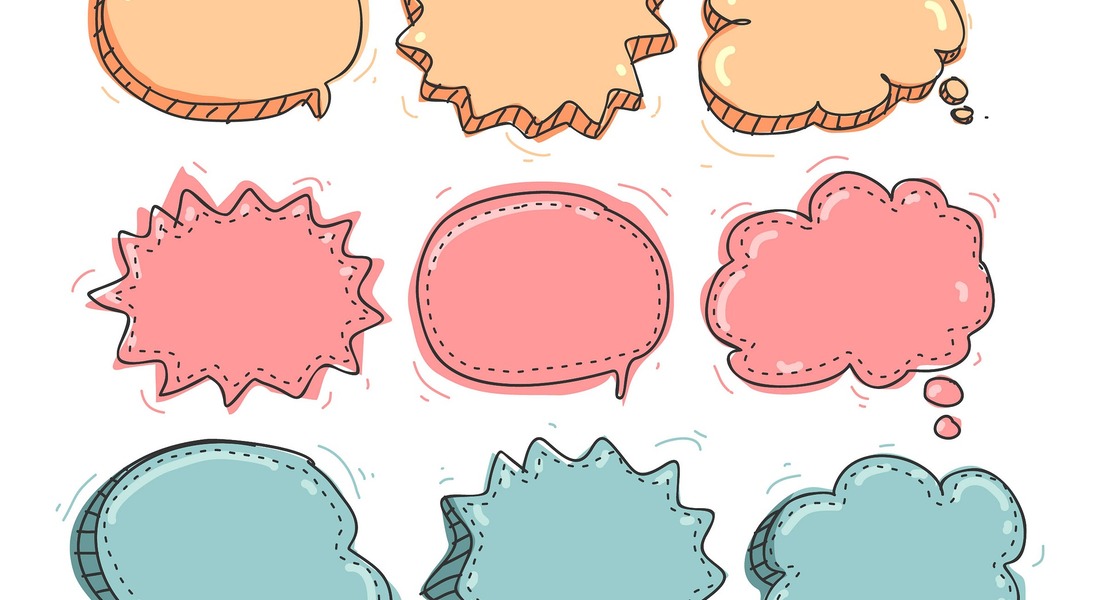
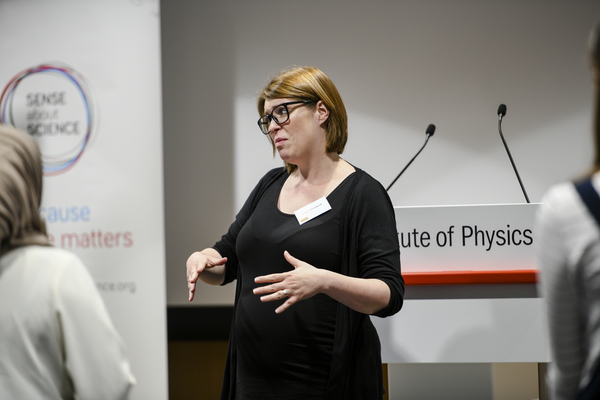
I became an Evidence Ambassador in May and have attended training on communications and public speaking. At the training I met the other ambassadors who are an interesting and diverse [...]
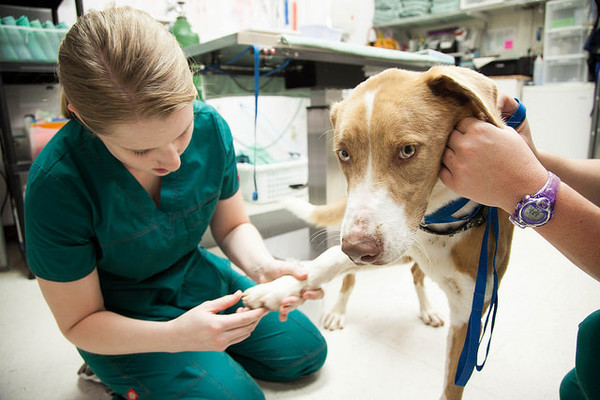
Last month I become an Ambassador for the Ask for Evidence campaign. I must have been mentioning the campaign around the office a fair bit as my colleagues suggested it would [...]
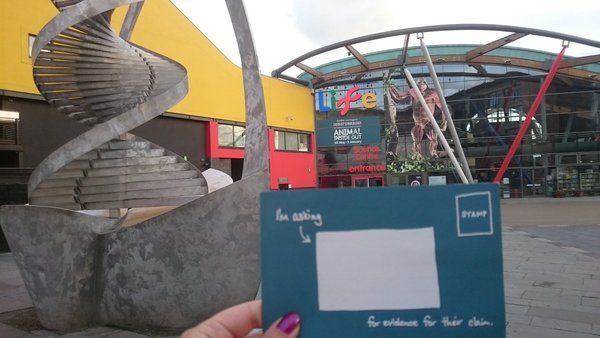
When I saw the Ask for Evidence ambassador advert calling for applications, my first thought was that it sounded like an amazing opportunity. I had already been following Sense about [...]
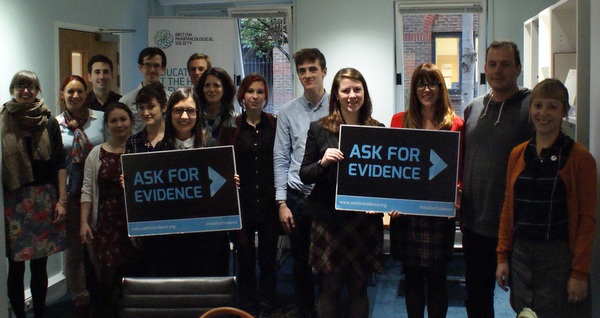
Ten passionate early career researchers have been selected from over 100 applicants as our 2016 Ask for Evidence ambassadors. They will represent the campaign at talks around the UK and [...]
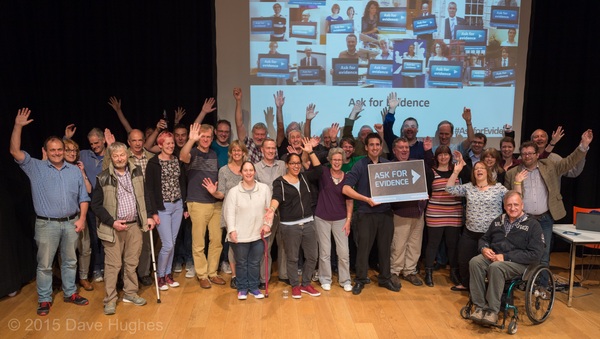
It’s been a little over a month since 10 fantastic early career researchers became our 2016 Ask for Evidence Ambassadors. They have been tasked with representing the campaign around the [...]
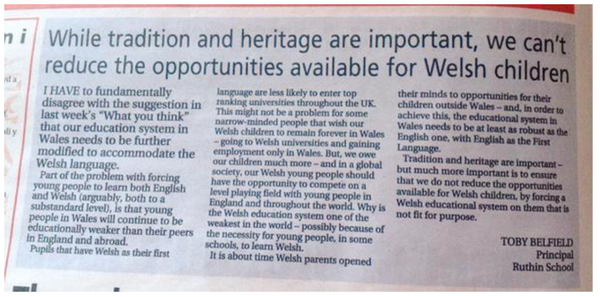
Hamish Chalmers questions claims that forcing children to read Welsh will harm their education. [...]